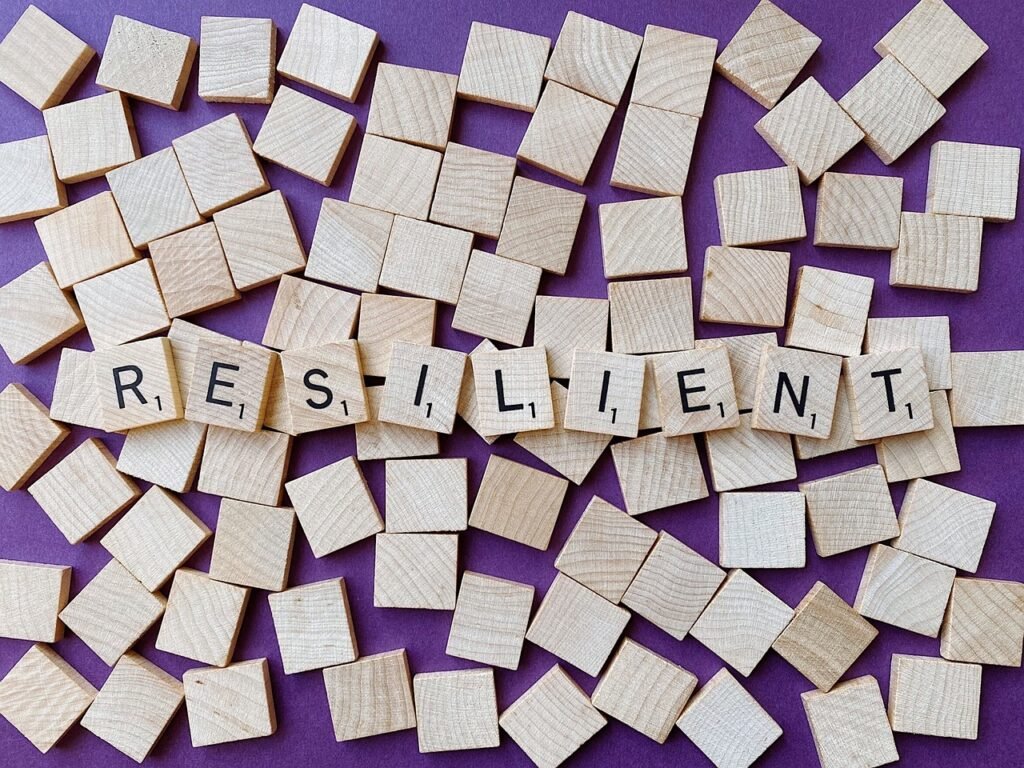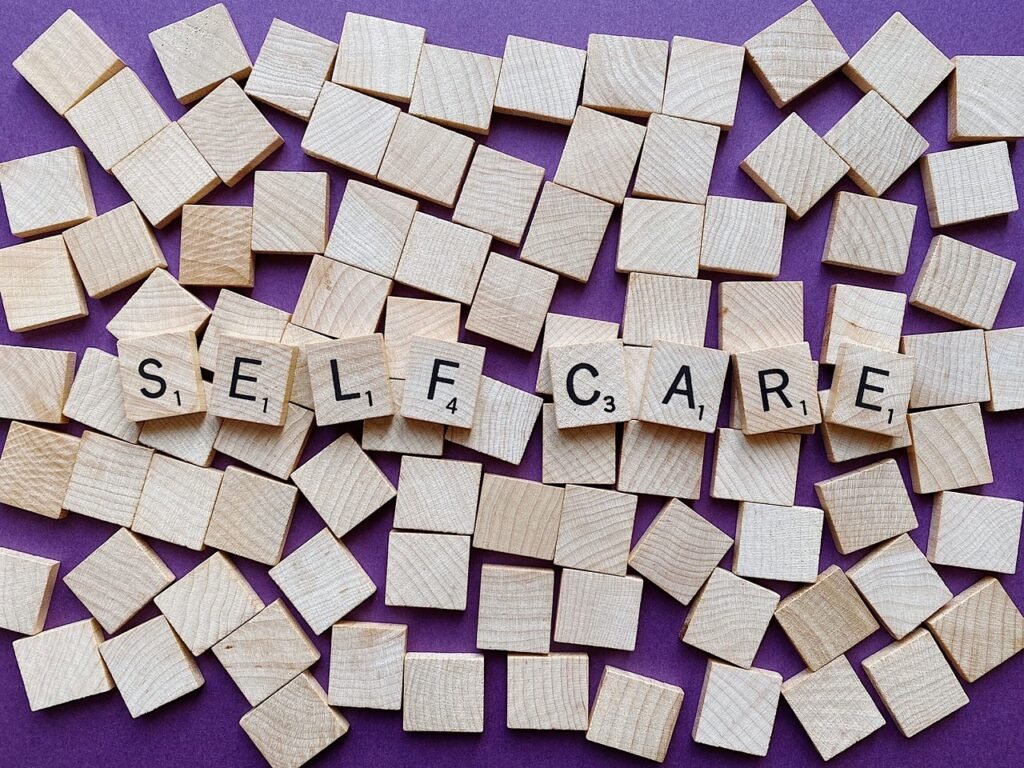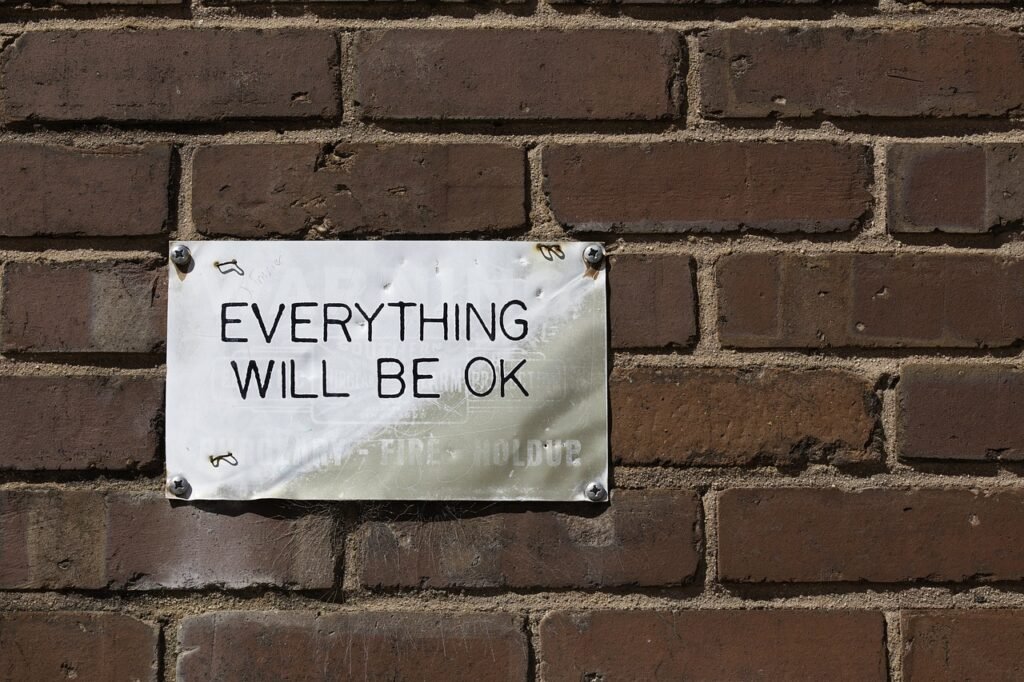
Introduction to Resilient Mind Counseling

In our fast-paced world, the ability to bounce back from challenges is crucial.
Resilient Mind Counseling focuses on helping individuals develop the strength and adaptability needed to navigate life’s ups and downs.
Our approach integrates practical strategies designed to improve how we manage stress, depression, and anxiety.
By focusing on resilience, we aim to empower you with the tools needed to enhance your mental well-being.
Resilience is not an inherent trait but a skill that can be developed and strengthened over time.
Through targeted techniques, Resilient Mind Counseling helps individuals recognize their inner strengths and build on them.
This process involves understanding the importance of mental flexibility, emotional regulation, and a positive outlook on life.
Our counseling approach emphasizes the value of a supportive network, mindfulness, healthy boundaries, regular physical activity, and self-care.
These elements are essential in creating a robust mental framework that can withstand life’s pressures.
By incorporating these strategies, individuals can achieve a balanced state of mind, better equipped to face everyday challenges.
In addition to individual counseling, Resilient Mind Counseling offers group sessions and workshops aimed at fostering a sense of community and shared experience.
These settings provide an opportunity for participants to learn from one another and build connections that contribute to overall mental health.
Group discussions often lead to new insights and perspectives, further enhancing resilience.
Our experienced therapists are dedicated to guiding you through this journey with empathy and understanding.
They use evidence-based practices to tailor strategies to your specific needs, ensuring that the support you receive is both effective and personalized.
Whether you are dealing with significant life changes, ongoing stress, or just looking to improve your mental resilience, our team is here to help.
Resilient Mind Counseling is committed to helping you build a resilient mindset that can transform your approach to life’s challenges.
By focusing on practical, actionable strategies, we aim to make resilience an integral part of your everyday life.
Strategy 1: Cultivate a Growth-Oriented Mindset

Developing a growth-oriented mindset is essential for building resilience.
By viewing challenges as opportunities for growth, individuals can unlock their potential.
Embracing criticism and feedback is another crucial element.
Instead of seeing criticism as a setback, consider it a chance to learn and improve.
This approach not only enhances personal growth but also fosters a more resilient outlook on life.
This mindset requires a shift in how you perceive failure and setbacks.
Rather than viewing them as definitive losses, see them as part of the learning process.
Each challenge and mistake is an opportunity to refine your skills and become stronger.
Practicing self-compassion during these times is important.
Treat yourself with the same kindness and understanding that you would offer a friend facing similar difficulties.
Another key aspect of a growth-oriented mindset is setting realistic goals. Break down larger objectives into smaller, manageable steps.
Achieving these smaller milestones can provide a sense of accomplishment and motivate you to keep moving forward.
Reflecting on past successes and learning from them can also reinforce this mindset.
By incorporating these elements, you can develop a more adaptable and resilient approach to life’s challenges.
Strategy 2: Incorporate Mindfulness Practices

Mindfulness is a powerful tool in the resilience toolkit.
By focusing on the present moment, individuals can reduce stress and enhance self-awareness.
Research has shown that mindfulness-based interventions significantly reduce impulsivity in individuals with opioid use disorder receiving methadone.
Additionally, these practices are effective in decreasing binge eating, emotional eating, and eating when not physically hungry.
Mindfulness can also aid in improving emotion regulation, leading to reduced depressive symptoms and less self-criticism among those who practice it.
Mindfulness practices such as meditation, deep breathing, and mindful walking can be seamlessly integrated into daily routines.
These exercises help individuals stay grounded and more attuned to their thoughts and emotions.
By regularly engaging in mindfulness, one can cultivate a heightened sense of awareness that promotes emotional stability.
The benefits of mindfulness extend beyond immediate stress relief. Over time, these practices can create lasting changes in the brain, enhancing one’s ability to manage emotions and react to stress.
This makes mindfulness an invaluable component of building resilience.
Incorporating mindfulness into daily life does not require significant time investment.
Even a few minutes of focused breathing or a short meditation session can yield noticeable benefits.
Practicing mindfulness can also improve interpersonal relationships.
By being present and attentive during interactions, individuals can enhance their communication skills and foster deeper connections with others.
This not only supports personal growth but also strengthens social networks, which are crucial for resilience.
Finally, mindfulness offers a way to observe one’s thoughts without judgment.
This non-reactive stance helps individuals manage negative thoughts more effectively, reducing their impact on mental health.
As individuals become more adept at recognizing and addressing these thoughts, they can better navigate life’s challenges with a clear and composed mind.
Strategy 3: Strengthen Social Networks

Building a network of supportive relationships is a key element in developing resilience.
Having strong social connections provides emotional support, practical assistance, and a sense of belonging that can be crucial during difficult times.
These relationships can act as a buffer against stress and help individuals navigate life’s ups and downs with greater ease.
To strengthen social networks, start by fostering deeper connections with family and friends.
Engage in regular communication and spend quality time with those who are important to you.
Simple acts like checking in with a phone call, sending a thoughtful message, or arranging to meet up can make a significant difference.
Sharing your experiences and listening to others can create a mutual sense of support and understanding.
Another way to build social networks is by participating in community activities or joining groups that align with your interests and values.
Whether it’s a sports team, a book club, or a volunteer organization, these settings offer opportunities to meet new people and form meaningful connections.
Being part of a community can enhance your sense of purpose and belonging, contributing positively to your mental health.
It’s also beneficial to seek out relationships that are positive and uplifting.
Surrounding yourself with people who encourage and support you can bolster your resilience.
On the other hand, it’s important to recognize and distance yourself from relationships that are draining or toxic.
Setting boundaries in these cases is crucial for maintaining your well-being.
Don’t hesitate to reach out for help when you need it.
Whether it’s confiding in a trusted friend or seeking professional support from a therapist, asking for help is a sign of strength, not weakness.
Social support can come in many forms, and knowing when and how to seek it is an important skill in building resilience.
Lastly, be a source of support for others.
Offering help and being there for someone else not only strengthens your relationships but also fosters a sense of fulfillment and connection.
Acts of kindness and empathy can create a reciprocal cycle of support, enhancing resilience for both you and those around you.
Strategy 4: Set Healthy Boundaries

Establishing healthy boundaries is essential for protecting your mental and emotional well-being.
These boundaries help you manage your time and energy effectively, ensuring that you don’t overextend yourself.
By clearly defining what you can and cannot do, you create a framework that supports both your personal and professional life.
To start, it’s important to recognize your limits and communicate them openly.
Whether it’s in your workplace or with family and friends, being honest about your needs and expectations can prevent misunderstandings and foster respect.
For example, if you need uninterrupted time to focus on a project, let your colleagues know your availability.
Similarly, if you need personal time to recharge, inform your loved ones so they understand and respect your space.
Another crucial aspect of setting boundaries is learning to say no without feeling guilty.
It can be challenging, especially if you’re used to putting others’ needs before your own.
However, saying no when necessary is a form of self-respect and self-care.
It allows you to prioritize tasks and activities that align with your values and goals, preventing burnout and reducing stress.
Monitoring your own well-being is also key. Pay attention to signs of fatigue, stress, or irritability.
These can indicate that your boundaries are being compromised.
Adjust them as needed to ensure that you maintain a healthy balance.
It’s also helpful to reassess your boundaries periodically.
Life circumstances change, and so should your boundaries. Be flexible and willing to make adjustments to better suit your current situation.
Finally, setting boundaries involves more than just saying no.
It includes making time for activities that nourish your soul and recharge your energy.
This might mean scheduling regular breaks during your workday, setting aside time for hobbies, or ensuring you have enough downtime each week.
By doing so, you create a balanced life that supports your mental health and overall resilience.
Strategy 5: Participate in Regular Exercise

Regular exercise is a powerful tool for enhancing mental health and resilience.
Engaging in physical activity prompts the release of endorphins, which are natural mood enhancers that can help alleviate symptoms of depression and anxiety.
Beyond its immediate effects on mood, regular exercise contributes to long-term mental well-being by improving sleep quality, boosting self-esteem, and increasing overall energy levels.
Integrating physical activity into your daily routine doesn’t have to be complex.
Simple activities like walking, cycling, swimming, or even gardening can provide significant mental health benefits.
The key is to choose activities that you enjoy, making it more likely that you’ll stick with them consistently.
Even brief bouts of exercise, such as a 10-minute walk during a lunch break, can have a positive impact on your mental state.
Exercise also offers a valuable opportunity for mindfulness.
Paying attention to the rhythm of your breath, the movement of your body, and the environment around you can turn physical activity into a form of active meditation.
This can enhance your overall sense of well-being and help you stay present in the moment.
For those who prefer structured environments, joining a fitness class or sports team can add a social element to your exercise routine, further boosting resilience by building connections with others.
Group activities can provide motivation and accountability, making it easier to maintain a regular exercise habit.
It’s also important to remember that physical activity can be adapted to fit your lifestyle and current fitness level.
Whether you prefer high-intensity workouts or gentle yoga sessions, the goal is to find a balance that suits you.
Listening to your body and respecting its limits will help you avoid injury and make exercise a sustainable part of your daily life.
By making regular exercise a priority, you not only enhance your physical health but also fortify your mental resilience, equipping yourself to better handle life’s challenges.
Strategy 6: Make Self-Care a Priority

Making self-care a priority is essential for maintaining both mental and emotional health.
Engaging in activities that promote relaxation and joy can significantly improve your overall well-being.
Ensure you’re getting adequate rest and proper nutrition, as these are fundamental for sustaining energy levels and mental clarity.
Mindfulness-based interventions have proven effective in reducing levels of depression and anxiety, particularly among individuals who are obese or overweight.
This highlights the importance of incorporating practices like meditation or mindful breathing into your routine.
Taking time to engage in hobbies and activities you love can also replenish your emotional reserves.
Whether it’s painting, reading, or gardening, these activities provide a mental break and contribute to a more balanced life.
Regularly scheduling time for these pursuits can help you feel more centered and refreshed.
Self-care also involves setting aside time for relaxation.
Practices like taking a warm bath, listening to calming music, or practicing gentle yoga can have profound effects on your stress levels and overall mental state.
These activities serve as a reset, allowing you to return to your responsibilities with a clearer, more focused mind.
Additionally, maintaining social connections is a key component of self-care.
Spending time with loved ones, sharing your feelings, and seeking support when needed can fortify your mental resilience.
Surrounding yourself with positive, supportive individuals enhances your sense of well-being and provides a network to lean on during challenging times.
Strategy 7: Encourage Optimism and Positive Thinking

Encouraging optimism and positive thinking is vital for enhancing resilience.
Shifting focus from what’s going wrong to what’s going right can have a profound impact on mental well-being.
One effective way to promote a positive outlook is by practicing gratitude.
Taking time each day to reflect on things you’re thankful for can help reframe your perspective and highlight the good aspects of your life.
Challenging negative thoughts is another crucial step.
When you catch yourself in a negative thought pattern, try to identify and question the accuracy of these thoughts.
Often, our minds tend to magnify problems or assume the worst. By addressing these distortions, you can reduce their impact and foster a more balanced view.
Visualization techniques can also be helpful.
By imagining positive outcomes and visualizing yourself successfully navigating challenges, you build confidence and prepare your mind to handle real-life situations more effectively.
This practice can be especially powerful before engaging in stressful activities or facing important events.
Additionally, surrounding yourself with positive influences can bolster your mindset.
Engage with people who uplift and encourage you.
Their positive energy can be contagious, helping you maintain a more optimistic outlook.
Engage in activities that bring you joy and fulfillment, as they can boost your mood and contribute to a positive mindset.
Lastly, celebrate your small victories.
Recognizing and appreciating your achievements, no matter how minor they seem, can build momentum and reinforce a positive attitude.
Keeping a journal of your accomplishments can serve as a motivational tool, reminding you of your progress and capabilities.
Incorporating these practices into your daily routine can help create a more positive and resilient mindset, better equipping you to face life’s challenges.
Conclusion: Applying Resilience Techniques

Applying resilience techniques involves weaving various strategies into your everyday life.
Each approach, whether it’s adopting a growth-oriented mindset or encouraging positive thinking, enhances your mental fortitude in unique ways.
As you incorporate mindfulness practices, nurture your social connections, set boundaries, engage in regular physical activity, and prioritize self-care, you build a comprehensive support system for your mental well-being.
Research indicates that these strategies are effective; for instance, mindfulness-based relapse prevention can lead to fewer days of drug use and heavy drinking after a year compared to traditional relapse prevention.
This highlights the profound impact these practices can have on your resilience.
By integrating these techniques, you can create a balanced and resilient mindset capable of navigating life’s challenges.
The journey to resilience is ongoing and requires consistent effort, but with the right strategies, you can significantly enhance your mental strength and overall quality of life.
